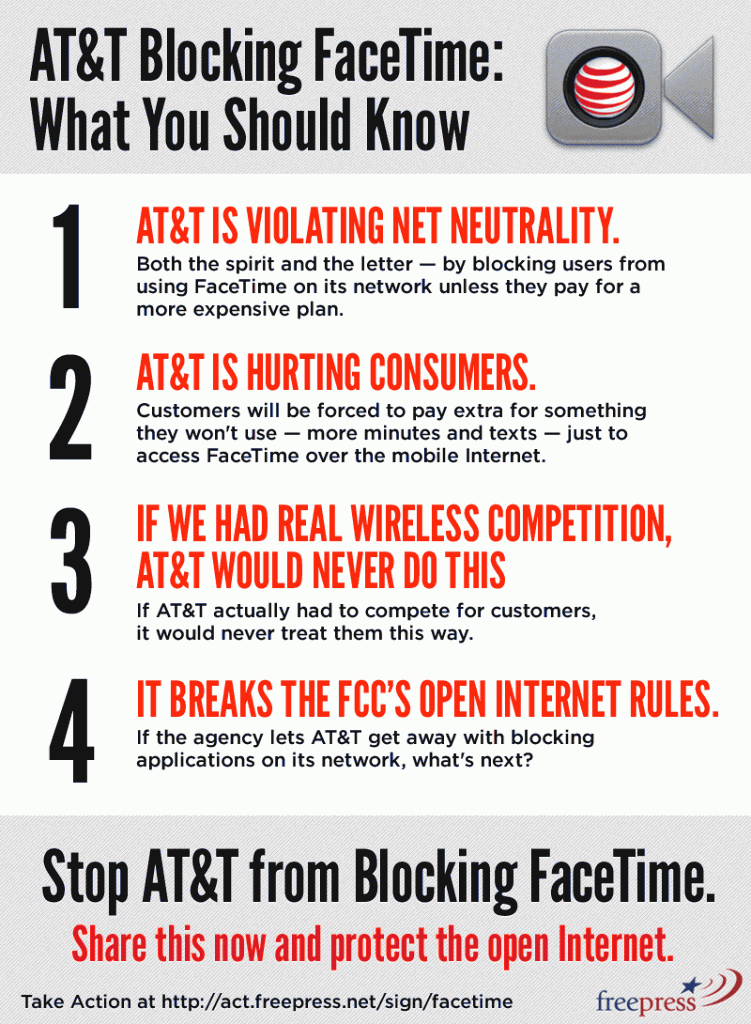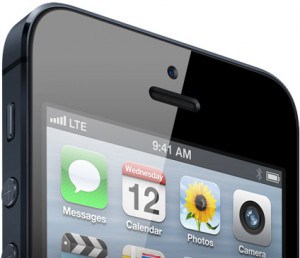 Time Warner Cable has lost between 10-15 percent of their analog cable television customers over the past year, according to Time Warner Cable president and chief operating officer Rob Marcus.
Time Warner Cable has lost between 10-15 percent of their analog cable television customers over the past year, according to Time Warner Cable president and chief operating officer Rob Marcus.
Speaking at this morning’s Goldman Sachs Communacopia Conference, Marcus noted the economic downturn has continued to cost the cable operator “single play” subscribers. Marcus noted that roughly 60 percent of the cable company’s customers are now on discounted or retention plans, and the company has no plans to reduce aggressive retention offers and promotions in the immediate future. Time Warner Cable will also exercise caution when customer promotions expire, an allusion to the company’s practice of gradually resetting rates to retail prices over an extended period of time to avoid antagonizing customers into switching providers.
Marcus acknowledged broadband is now a key service for Time Warner Cable, one that the company will continue to exploit to drive earnings. Some investors have complained Time Warner has only managed an increase of 2-3 percent in Average Revenue Per User (ARPU) for broadband, a key metric for Wall Street. Marcus was asked why Time Warner, with its superior market share over telephone companies, was not “exercising the price lever a little bit more” in a marketplace lacking serious competition.
“I think it is fair to say that as the utility of the [broadband] product increases in customers’ minds, their willingness to pay for it (assuming they are able) goes up, so I think it stands to reason that we can continue to increase rates on high speed data,” Marcus said.
But even more important to Time Warner Cable is its differentiated broadband speed tiers, which the company is refining to pick up additional revenue and price-resistant customers. Broadband usage caps will be a part of that equation.
Marcus confirmed that Time Warner Cable will provide unlimited broadband packages to its premium tier customers, but will introduce usage-limited service on its budget tiers. Currently, the company only imposes a usage cap of 5GB on its Internet Essentials package, which offers a $5 discount off regular prices. But Marcus seemed to acknowledge that the company plans to experiment further with additional limits.
“We are going to deliver very fast speeds, unlimited consumption, and now mobile capability via our Wi-Fi network to those customers who demand it and are willing to pay premium prices for those tiers of service,” Marcus said. “At the other end of the spectrum we are going to have budget products as we do today that offer lower speeds, more limited consumption like our Internet Essentials product, and those probably won’t have access to our Wi-Fi hotspots. We think that is the best way to drive revenue and profitability.”
Marcus also told investors the company was working on the next generation of the company’s electronic program guide, which he said will be cloud-based. Time Warner Cable continues to signal it is willing to work with third party set top box manufacturers to let customers dump traditional set top boxes, but only so long as Time Warner Cable gets the credit in the minds of customers. The company is also working on rolling out video-on-demand for its online video apps.


 Subscribe
Subscribe





